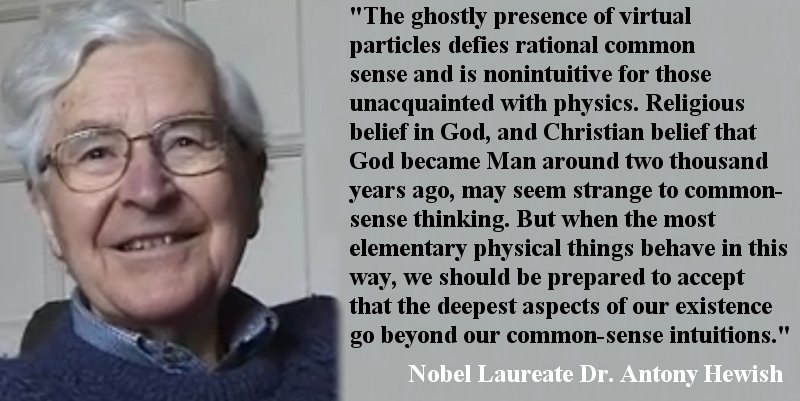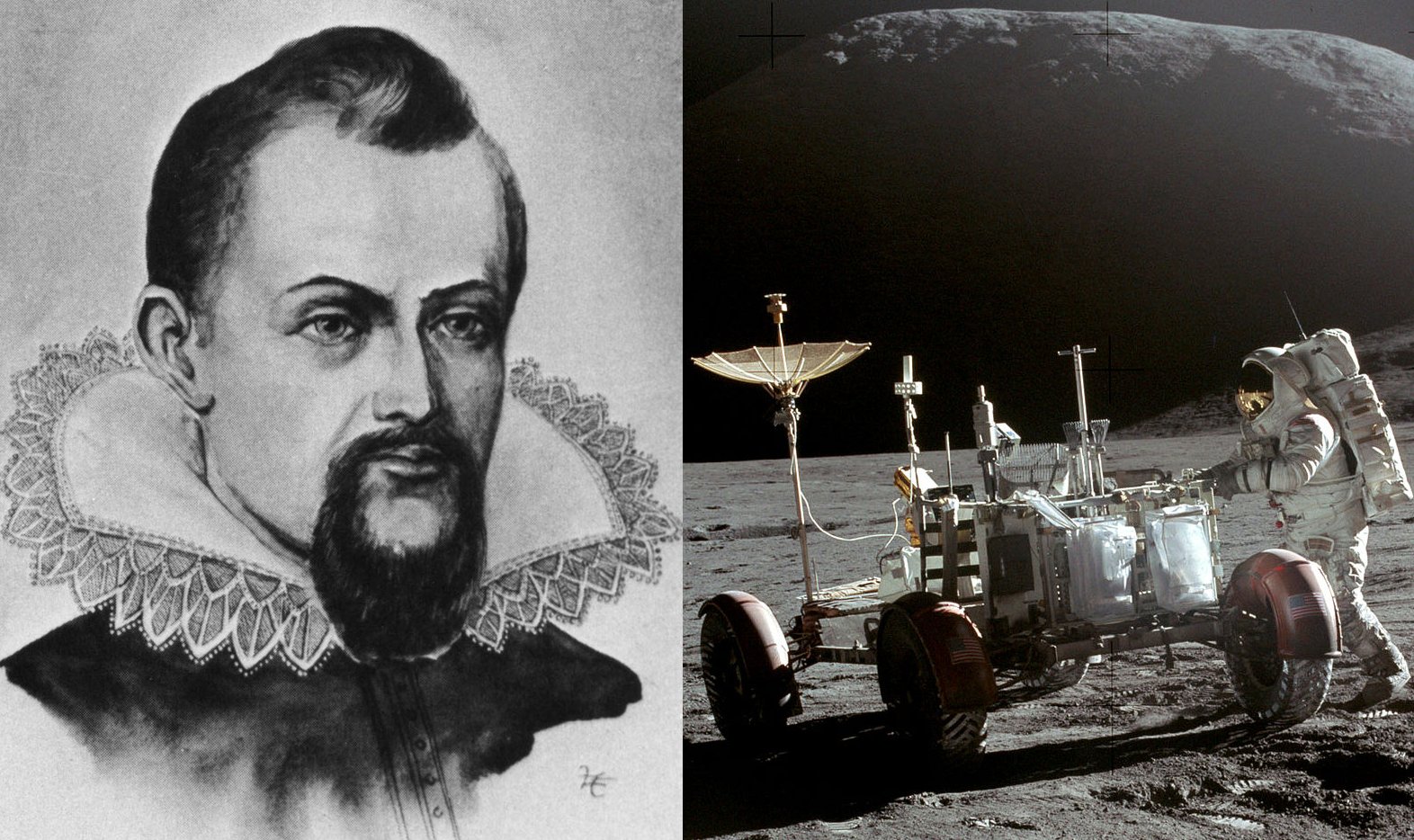
Over the years, I have documented a lot of ignorant statements made by someone who claims to be “The Science Guy” (see here, here, here, here, and here). However, the most ignorant statement I have ever heard Bill Nye utter is:
Denial of evolution is unique to the United States.
In several previous posts, I have reviewed how this statement is demonstrably false, but I was recently made aware of a peer-reviewed study that confirms this fact. Now, of course, I seriously doubt that any amount of data will change Bill Nye’s mind, since he doesn’t seem to use scientific data while forming his opinions. Nevertheless, I hope the data will be useful to others.
The study, published in the International Journal of Science Education, compared the views of Korean biology teachers to those of American biology teachers when it comes to evolution. It then did a literature review of studies done on science teachers in other countries. Before I discuss the specifics, let me give you their overall conclusion:
…it is clear that science teacher antipathy or ambivalence toward evolution is by no means a problem restricted to the USA
I am not sure they could make that any clearer. And note that since they call this a “problem,” they are clearly in Bill Nye’s camp when it comes to wanting everyone to genuflect at the altar of Darwinism.
The details of the paper are more interesting to me, however, because while they clearly show that many Korean biology teachers have doubts about evolution, those doubts are different from the ones held by American biology teachers. For example, when asked to evaluate the statement, “Much of the scientific community doubts if evolution occurs,” 52.4% of Korean biology teachers agreed, while only 6.3% of American biology teachers agreed. However, when given the statement, “The theory of evolution cannot be correct since it disagrees with the Biblical account of creation,” only 3.0% of Korean biology teachers agreed, while more than four times as many (12.1%) American biology teachers agreed. Similarly, almost three times as many Korean biology teachers as American biology teachers agreed that, “The theory of evolution is based on speculation and not valid scientific observation and testing” (36.3% versus 13.6%).
Now the group of Korean biology teachers studied was small – only 33 in total. However, data based group of 33 individuals is estimated to have a statistical error of about 17% (square root of 33 divided by 33), which means that when the percentages are close, you can’t tell if there really is a difference between the groups. For example, 75.0% of American biology teachers and 81.8% of Korean biology teachers agreed with the statement, “Evolution is a scientifically valid theory.” Those numbers are well within 17% of one another, so there is no way to know whether or not Korean biology teachers are more likely than American biology teachers to believe that evolution is a scientifically-valid theory. However, the differences noted in the previous examples are high enough to conclude that American and Korean biology teachers think differently when it comes to those questions.
If I look at the 20 questions the study asked Korean biology teachers and compare their answers to those of the American biology teachers, I am left to conclude that in Korea, biology teachers aren’t inclined to disagree with evolution based on religious ideas. They seem to disagree with evolution based on their understanding of the science that relates to it. I find that interesting, because that’s why I first doubted evolution as an origin story. I was an atheist who did not believe in evolution, because even as a young science student, I saw that evolution didn’t align with the data. To this day, if I were not a Christian, I would still not think that evolution is a valid explanation for origins, since the data speak so strongly against it.




